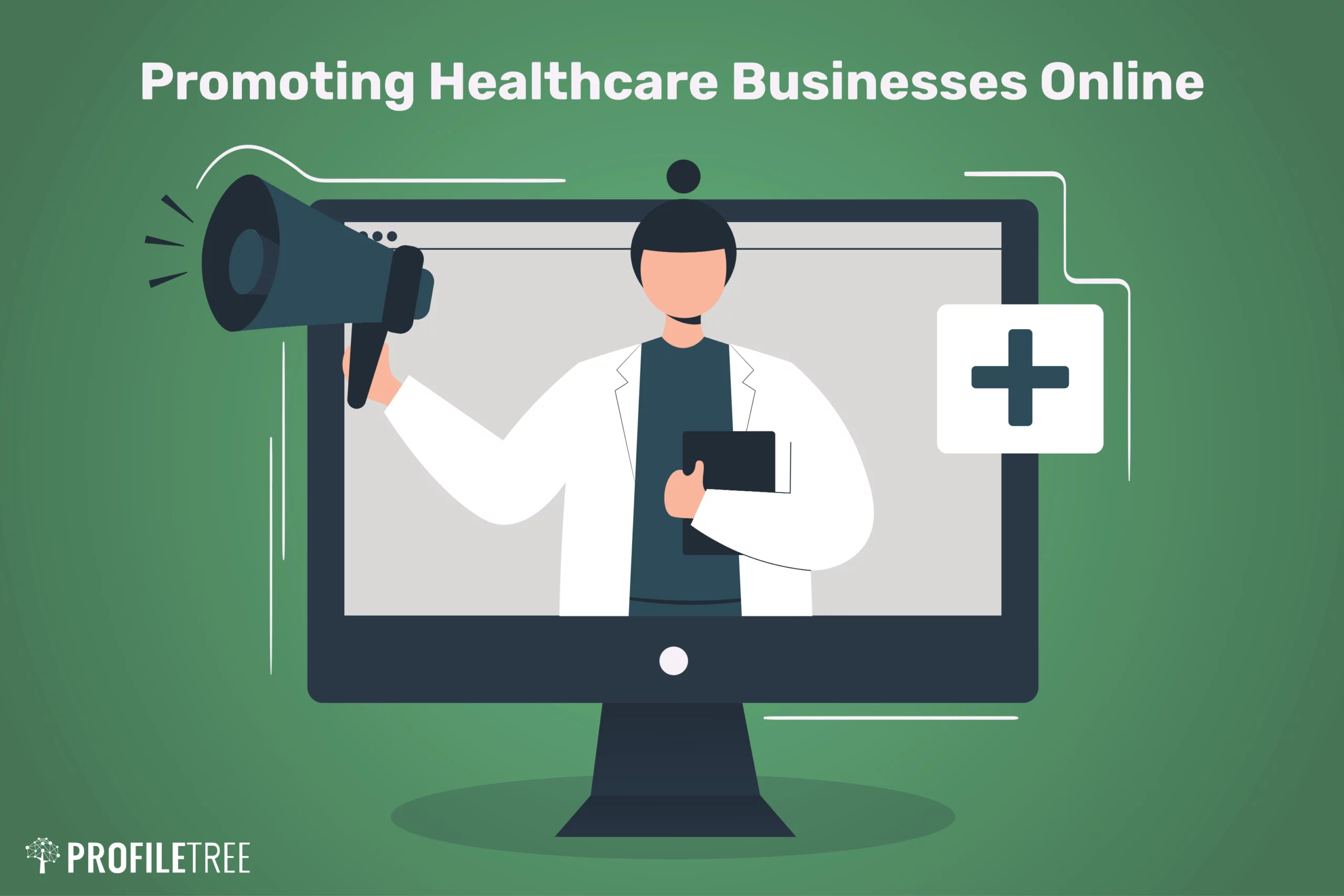The Rise of Subscription-Based Healthcare and Its Effect On Individual Care
As healthcare evolves, the subscription-based version is acquiring grip, promising to transform individual treatment by offering predictability and availability. These designs, which bypass typical insurance coverage, could redefine the patient-doctor dynamic, highlighting preventative and customized treatment. As with any advancement, they provide obstacles, particularly concerning fair accessibility for all socioeconomic groups. The capacity for these models to reshape healthcare delivery elevates pressing concerns concerning their long-term sustainability and inclusivity. Are these membership services the future of health care, or do they take the chance of leaving susceptible populations behind? The complexities of this shift warrant a better evaluation.
Comprehending Subscription Health Care Versions
Realizing the concept of membership healthcare versions includes examining a transformative method to clinical services that emphasizes cost and ease of access. These models, typically referred to as straight health care (DPC) or attendant medication, have actually emerged as cutting-edge choices to standard fee-for-service medical care systems. Subscription health care permits clients to pay a fixed monthly or yearly charge for a defined set of clinical solutions, which may include endless office check outs, regular check-ups, and fundamental lab tests, without the demand for conventional insurance coverage payment.
The structure of subscription medical care models is created to streamline individual treatment by eliminating third-party payers and intricate invoicing codes, consequently reducing management concerns. Healthcare suppliers can concentrate extra on individual treatment, promoting more powerful patient-provider partnerships. This version additionally promotes preventative treatment by motivating normal sees, as the financial barrier of per-visit costs is removed.
The subscription model often encourages doctor to manage smaller sized patient panels, enabling more personalized care. It lines up monetary incentives with patient health and wellness end results, as suppliers are encouraged to maintain patient contentment and wellness. On the whole, recognizing registration medical care designs requires recognizing their possible to reshape how care is provided and accessed.
Benefits for Individuals and Service Providers

For suppliers, subscription-based versions offer the possibility to grow patient-provider partnerships. With a stable profits stream, medical care experts can devote even more time to every individual, bring about an extra individualized and thorough care experience. This design likewise decreases reliance above patient volumes, alleviating burnout and improving job fulfillment. Additionally, the focus on precautionary care within membership plans can lead to far better individual outcomes and reduced long-lasting healthcare costs. By concentrating on continual treatment, carriers can attend to problems prior to they rise, ultimately benefiting the health care system in its entirety by lowering the concern on emergency situation and severe treatment services.
Worries and challenges
While subscription-based healthcare models present numerous advantages, they additionally come with a collection of obstacles and worries that need to be resolved. This increases honest concerns about pop over to these guys equitable accessibility to medical care services.
Financial sustainability of subscription-based versions is another issue. Service providers should balance the set revenue from memberships with the variable expenses of healthcare solutions, which may fluctuate as a result of unpredicted clinical needs. This can develop pressure to limit solutions or boost fees, possibly affecting patient satisfaction and care top quality.
Additionally, regulative oversight of subscription-based healthcare models is still developing. Resolving these obstacles is essential for the successful and fair application of subscription-based medical care.
Effect On Patient-Doctor Relationships
One significant impact of subscription-based healthcare designs on patient-doctor connections is the capacity for improved connection and customized treatment. check By embracing a registration version, physicians can take care of a smaller sized patient panel, permitting even more committed time with each individual. This increased schedule fosters a deeper understanding of a client's medical history, lifestyle, and choices, making it possible for extra customized therapy plans and interventions.

Nonetheless, it is necessary to acknowledge that while subscription-based models might benefit those that can manage them, they can unintentionally broaden healthcare differences. Individuals who are incapable to take part in these models may experience reduced accessibility to personalized treatment, potentially influencing their relationships with medical care suppliers. Thus, while the registration model supplies promising benefits for patient-doctor connections, it also presents challenges that need to be resolved to ensure fair medical care accessibility.
Future of Healthcare Gain Access To

The duty of technology can not be overlooked in this change. Telemedicine systems and electronic health and wellness records assist in seamless communication between clients and health care suppliers, damaging down logistical and geographical obstacles. Furthermore, improvements in man-made intelligence and data analytics can further personalize treatment by forecasting patient needs and maximizing treatment plans.
Nonetheless, the future of medical care gain access to likewise presents challenges, such as ensuring equity throughout various socio-economic groups. Policymakers and doctor have to work together to connect the digital divide, making certain that subscription-based versions stay comprehensive and economical. As these systems grow, they hold the guarantee of making healthcare extra easily accessible, efficient, and patient-centric.
Verdict
Subscription-based healthcare models are reshaping client care by offering a steady expense structure and improving availability. The surge of subscription-based medical care urges aggressive person involvement, which has the possible to enhance individual end results and contentment, signifying a transformative shift in health care delivery.
As healthcare evolves, the subscription-based model is gaining grip, assuring to reinvent individual care by providing predictability and accessibility.Subscription-based healthcare versions use unique advantages for both patients and service providers, boosting the total health care experience.As healthcare systems advance, the future of health care gain access to frequently pivots on the integration of cutting-edge models and technologies.Subscription-based medical care designs are improving individual care by giving a steady cost framework and enhancing accessibility. The surge of subscription-based health care encourages aggressive client engagement, which has the prospective to improve individual outcomes and satisfaction, indicating a transformative shift in health care delivery.
Comments on “Opening the Keys of Subscription Based Healthcare for Better Patient Outcomes”